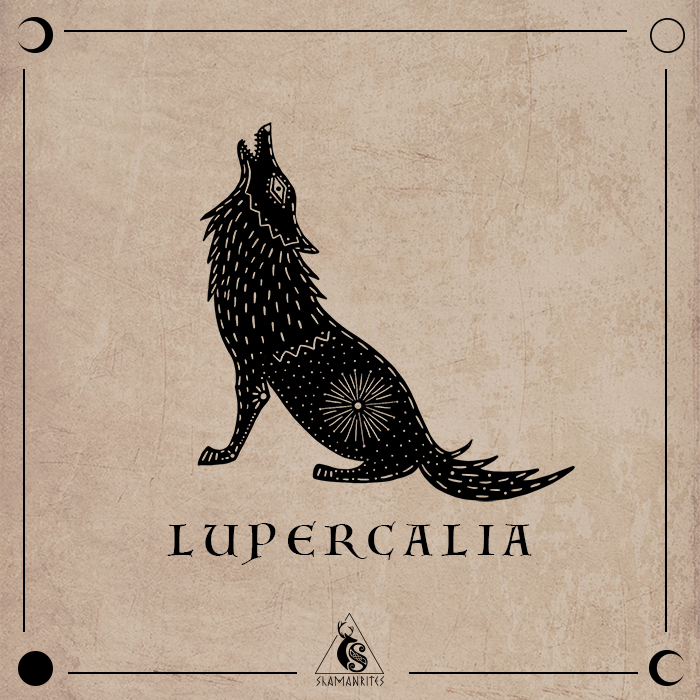Howls the Wolf

ST VALENTINE & HIS DAY
A Little Lark of a Christian Educational Forum
Who was St Valentine?
There were in fact quite a few of them. “Valentine” means “valorous,” and this proved a popular name amongst the martyrs of the early Church. In AD 496, Pope Gelasius added to the calendar of saints a Roman priest martyred in AD 269 and buried along the Flaminian Way. This is the Valentine honored on 14 February. Quite a few places claim to hold his bones as relics.
The Stuff of Legend
We know little of the historical St Valentine; any records were likely destroyed in the Diocletian Persecution. A sixth-century legend has him meeting the Emperor Claudius II and healing his jailor’s blind daughter before his martyrdom. The Golden Legend, a thirteenth-century bestseller, adds that he left the girl a note signed, “Your Valentine,” though this detail may have been added as late as the eighteenth century.
There are other stories of Valentine performing secret marriages at a time when the Emperor had forbidden single men to wed, in the hope that frustrated youths would join the army instead; there are even tales of Valentine cutting heart-shapes out of parchment (the heart-shape having odd origins of its own); but these are purely fanciful. No emperor ever forbade young men from marrying, even if it makes for a better tale.
Ah, L’Amour!
So when arose this connection between St Valentine and romantic love? Some point to the pre-Christian Roman festival of Lupercalia, which we’ll touch on below. But the first historical account associating Valentine’s Day with love comes from Chaucer’s Parliament of Fowls in 1382. This refers to an established tradition that birds choose their mates on St Valentine’s Day—but there is no such tradition before Chaucer.
And Chaucer might not even be referring to 14 February: there was a St Valentine of Genoa commemorated 3 May. Keep in mind that courtly love didn’t really become a thing until the turn of the twelfth century. By the fifteenth century, however, love-poems for St Valentine’s became commonplace. Everyone from Shakespeare through John Donne to Edmund Spenser got in on the act.
Feeling Loopy
Why associate this with Valentine? Was it due simply to the start of spring? Or was there something older there, something pagan? (Spoiler alert: there wasn’t.) Eighteenth-century antiquaries such as Alban Butler supposed that St Valentine’s customs might be based on Lupercalia, a wolf-themed ancient Roman festival promoting purification, health, and fertility, celebrated 13-15 February. But this is nonsense.
Lupercalia involved naked men whipping women in the street with strips of goat hide before sacrificing a dog. There is zero evidence connecting it to Valentine’s Day. Zilch. If neopagans want to celebrate it, they may be my guest. But as for you, O Christian—never trust what you see on the History Channel.
f159e8snnle714 real dolls,dual stimulator,sex chair,penis sleeves,dildos,cheap sex toys,G-Spot Vibrators,horse dildo,sex toys u408n7chgil939
ReplyDelete